Helping English Language Learners Meet their Full Potential
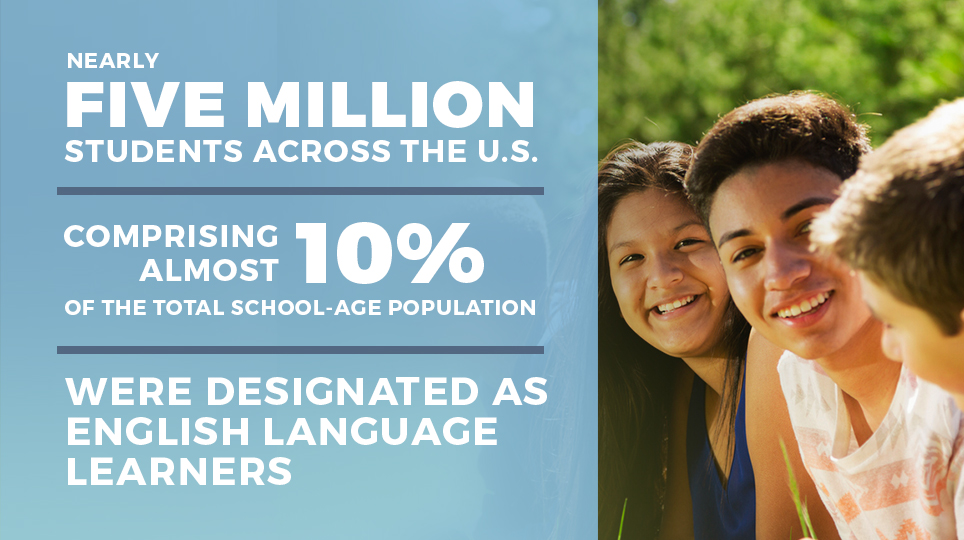
The United States has always been, and continues to be, a nation of immigrants. These immigrants are not only raising our youth, but in many cases they are our youth. And they bring important skills with them. But when it comes to educating students for whom English is not primarily spoken at home (English Language… Read More ›
Using Needs Assessments to Drive School and District Improvement
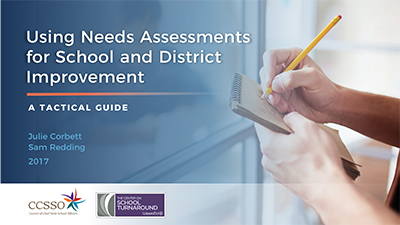
This guide describes the core components for developing and administering needs assessments, a critical step to guide any school or district improvement process. It includes information on Every Student Succeeds Act (ESSA) requirements, as well as planning and designing a needs assessment with accompanying worksheets. The guide ends with a list of questions to be… Read More ›
How to Integrate Growth Mindset Messages Into Every Part of Math Class
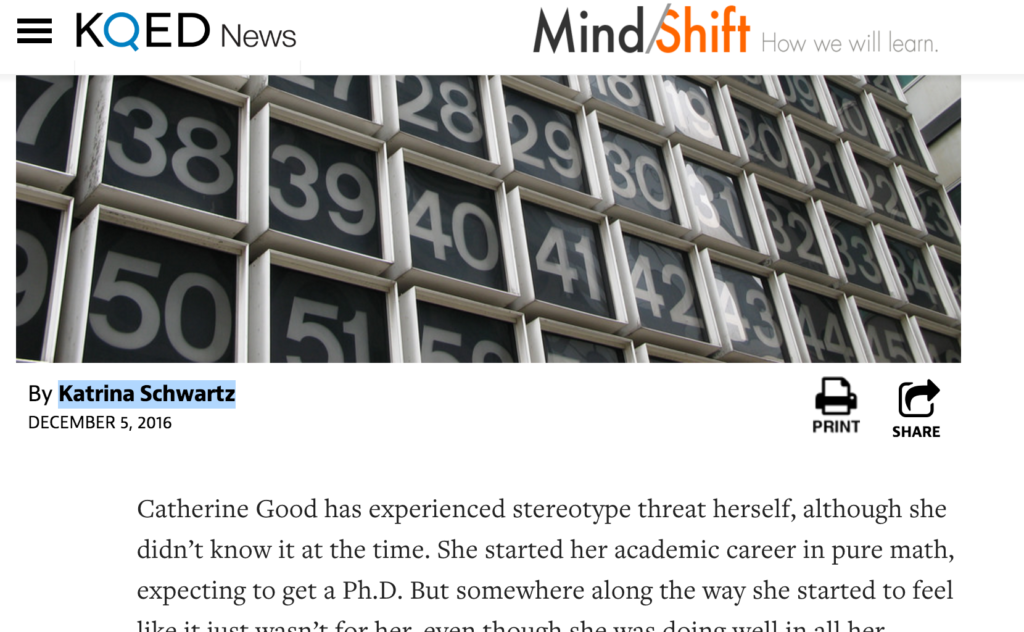
This article discusses the research around teaching and learning mathematics conducted by Catherine Good, a professor who studies social psychology and growth mindset. Good found that growth mindset—the idea that one can improve understanding and performance by building neural pathways through repeated work—is especially important for students studying math. Teaching growth mindset may protect against stereotype threat—the perception… Read More ›
iNACOL Symposium 2017
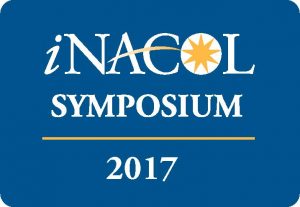
The International Association for K-12 Online Learning’s (iNACOL) annual conference focuses on competency-based, blended and online learning for grades K-12 and brings together experts, practitioners, educators, policymakers, and researchers. The symposium includes more than 200 sessions, each with a specific track to guide attendees toward sessions that fit their unique professional learning needs. Additionally, the… Read More ›
ASCD Conference on Educational Leadership
The yearly Association for Supervision and Curriculum Development (ASCD) Educational Leadership Conference brings together education leaders from around the country. This year’s event will focus on instructional leadership, leveraging resources, and leading and supporting students and adults. The conference will feature several keynote speeches and a variety of sessions on topics such as: Supporting Instructional Leaders… Read More ›
Building Competencies for Careers: Preparing Students for Twenty-First-Century Jobs

Truly innovative schools teach students how to apply content knowledge learned in the classroom to real-world situations while helping them develop the critical thinking, communication, collaboration, and other deeper learning skills that today’s jobs demand. This webinar, co-hosted by the Alliance for Excellent Education, Center on Education Policy (CEP), and Council for a Strong America,… Read More ›
The Student-Centered Learning Research Collaborative: Collaboration, not Isolation

I need to confess something: I never read educational research when I was a middle school teacher. My day-to-day focus was on the practical and immediate—my students, my lessons, my classroom. Looking back, I realize now that I didn’t know what I didn’t know, and my ignorance led to some problematic decisions in the classroom.… Read More ›
Facing History and Ourselves

Facing History and Ourselves’s shares innovative approaches to civics, social studies, humanities, and language arts education, designed to increase student engagement and achievement while teaching students about bigotry and hatred. The educator resources database includes lesson and unit plans, collections of primary source documents and images, and multimedia resources on topics such as: Race in… Read More ›
2017 Youth Leadership Institute

The Youth Leadership Institute is an annual gathering of Nellie Mae Education Foundation’s grantees who are committed to the central importance of youth leadership, voice, and organizing in building system-level change in education that is both student-centered and grounded in equity. The Youth Leadership Institute seeks to support participants to lead for systems change by:… Read More ›
Effective (Teacher-Centered) Coaching

This blog, written by a math teacher and coach, and a member of the Better Math Teaching Network, discusses the importance of coaching for teachers in order to drive student success in math. The blog–a reflective essay of sorts– creates a compelling argument and call to action to transform math classrooms. The author discusses learner-centered models… Read More ›
Why School Leaders Must Support and Encourage Student Voice and Activism
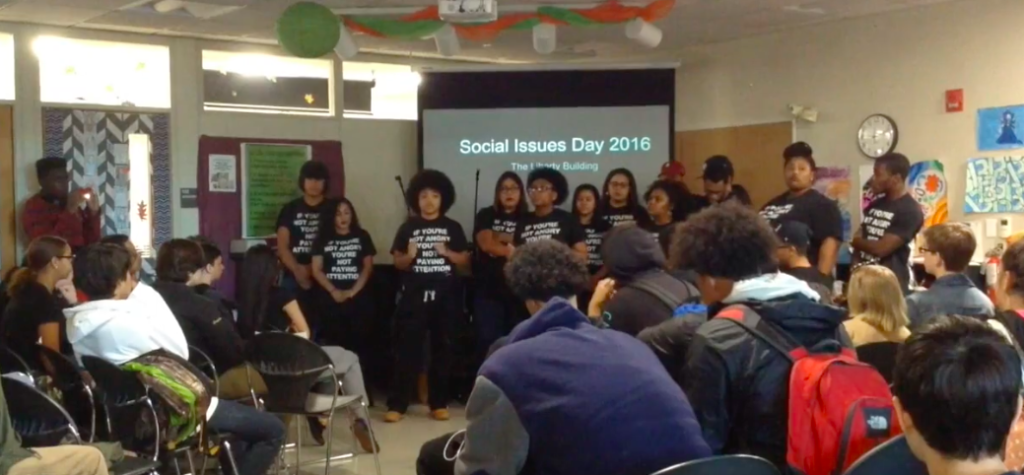
Summer 2014. My students from The Met High School in Providence, RI, were getting ready for their sophomore year, enjoying (or suffering through) the heat of July, when they saw video of Eric Garner being strangled by police in Staten Island. Then in August, as they were getting haircuts and new school clothes, they read… Read More ›
Student-Centered Learning: Functional Requirements for Integrated Systems to Optimize Learning
This paper illustrates the technical requirements and functionalities that learning management systems need to shift toward student-centered instructional models. This comprehensive framework will help districts and schools determine what systems to use, and integrate, as they begin their journey toward student-centered learning. It also addresses how systems integration aligns with their organizational vision, educational goals,… Read More ›